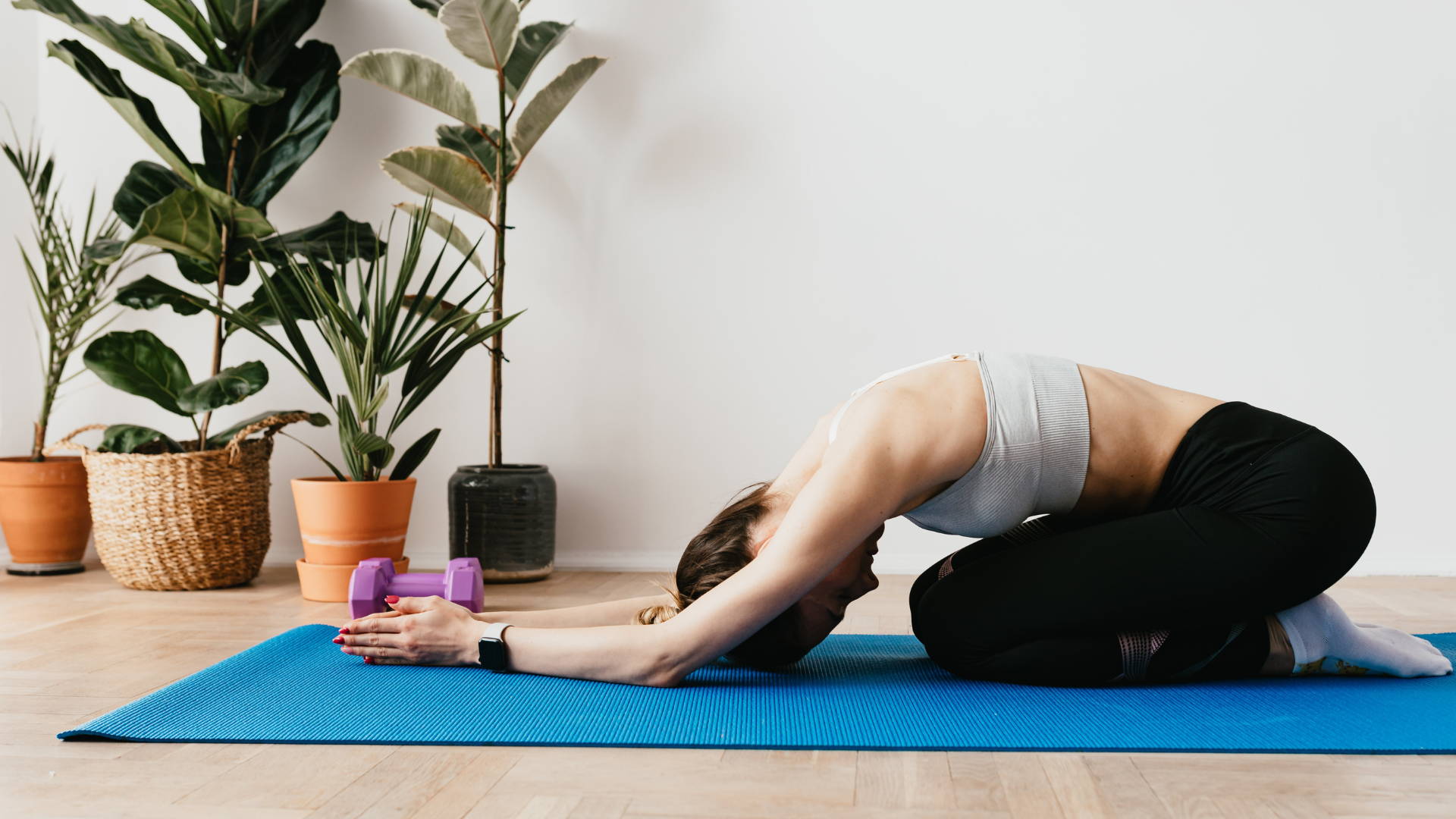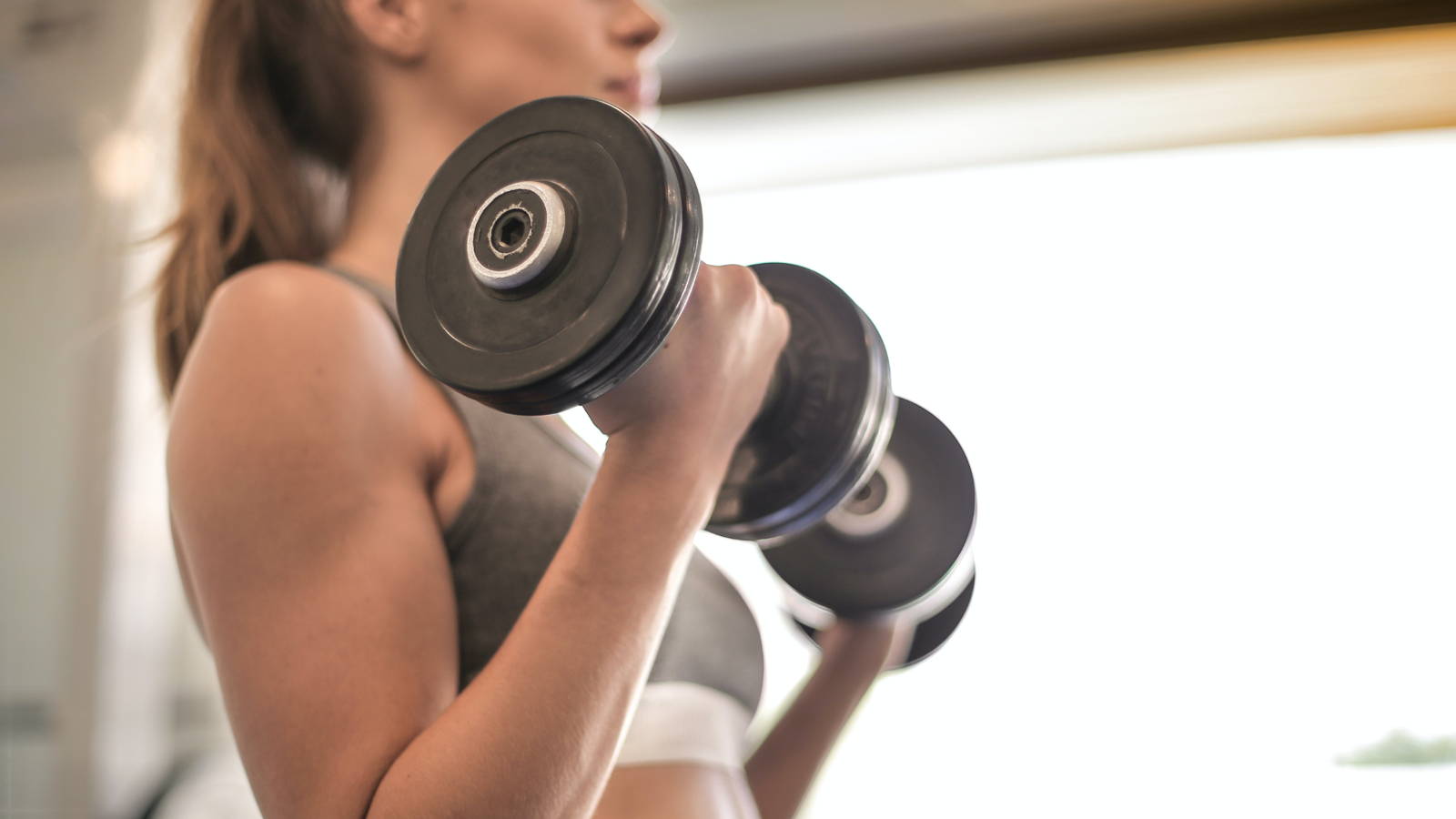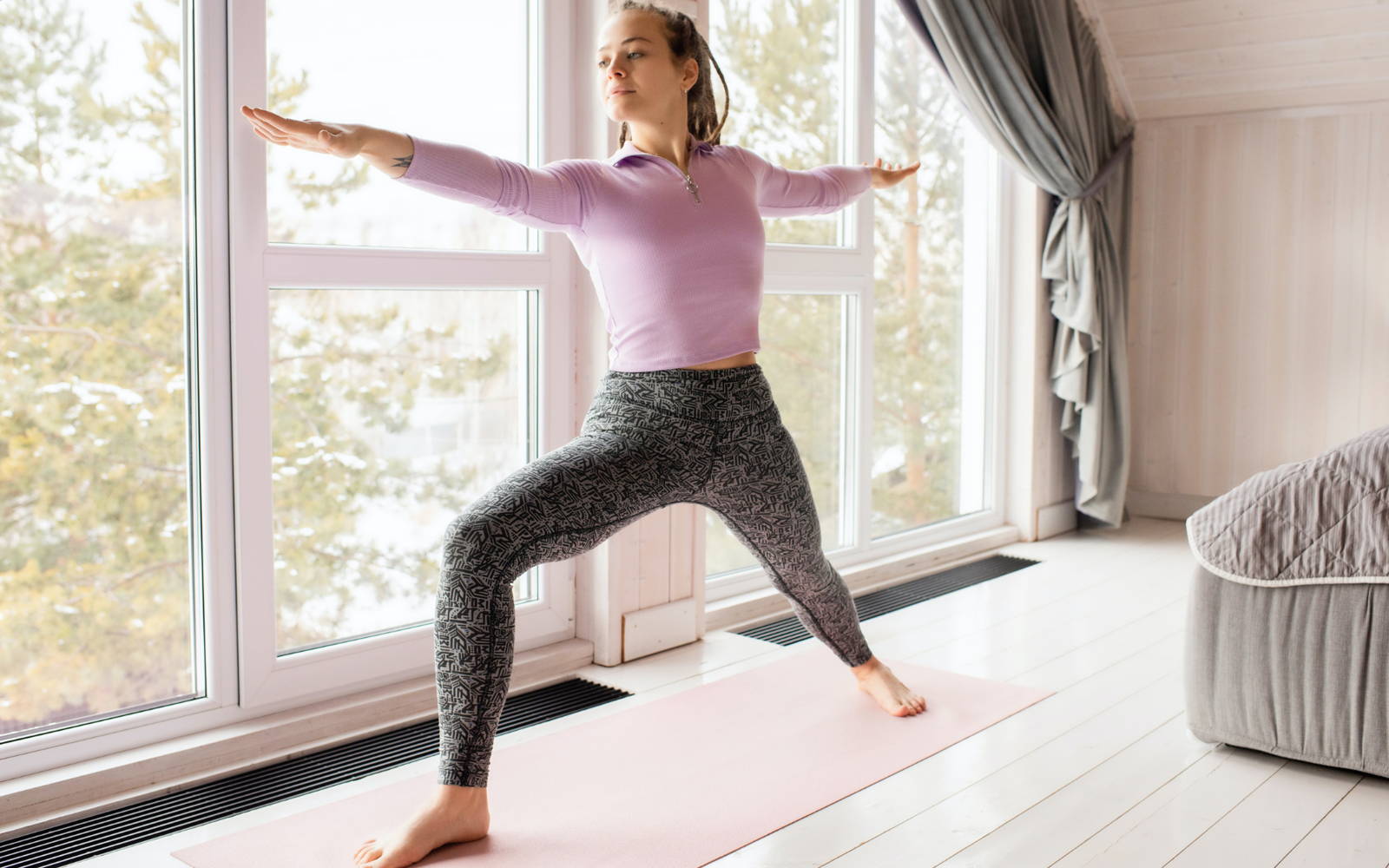Post Holiday Workout | How To Wake Up Your Body Quickly?
Saying goodbye to the cheerful and comfortable Christmas and New Year holidays, are you still lamenting that the time for reunion is too short? Now you start working, but your physical and mental state may have not been adjusted in time.
During the holidays, everyone's usual life and exercise rhythm may be disrupted. Many people go to bed late and get up late, eat and drink, and never leave the table with cigarettes and alcohol. And when you return to work or post-holiday life, you not only have to tighten the nerves that have been relaxed for a long time, but also face the adjustment of your body's biological clock again.
So, do you also tend to feel uncomfortable all over the body, listless, or hard to concentrate? If so, those are part of the so-called ‘post-holiday syndromes’. And don’t worry, we have recommended exercises here for you to recover quickly.
According to the findings of experts, the first week after the holidays is the gold period for "getting back on track". And during this period, you could consider the following 5 recommended moderate and effective ways to wake up your body and allow yourself to recover from the fatigue after the holidays as soon as possible.

1. Jogging
If you haven't been able to keep exercising during the holidays, it's a good idea to start with a small jog before returning to running.
In the first three days, any running is not recommended to exceed 40 minutes. And you could adjust the speed appropriately under the premise of ensuring smooth breathing. If you have kept running for years, you can reduce the pace for 30 seconds to 60 seconds. Remember to keep your highest intensity below 160 beats per minute for your pulse.
After three days, you could then increase your running volume and speed based on the recovery state of your body.

Note:
Regular stretching and relaxation exercises will make the muscles loose and full of tension, and after a period of rest, the flexibility and tension of the muscles will decrease. To prevent injury, it's important not to skip a warm-up before heading out for a run.
Try stretching, or do an easy warm-up run with a slow walk - fast walk - jogging -jog approach. This will improve your endurance, while extending the training time and making sure that your body will not be too tired.
2. Isometric Muscle Training
Due to the "memory" of muscles, isometric training can simply and effectively increase your muscle endurance and strength in the process of restoring your body's previous state of workout.
By recovering from one week to ten days, the muscles of your body can gradually adapt to the amount of exercise that you’ve had in the past. And you could quickly recover from fatigue after holidays. Those exercises could include wall sit, high plank hold, side plank, low squat, etc, and you could control the training volume and intensity down to 80% of the usual.

Note:
During the holidays, eating and drinking too much and not exercising will probably cause muscle relaxation, joint stiffness, and decreased core strength. Core strength, especially abdominal strength, is especially important for runners.
Therefore, during the jogging recovery period, you could also try some core strength training to gradually improve your physical function.
3. Simple Home Workouts
When you are at home, instead of lying on the sofa and continuously watching TV to accumulate body fat, you could try some simple home workouts to make yourself healthier. And here are a few exercises you can do right in your living room.

If the space in your living room allows, you can try jump-roping. Jump for two minutes and rest for one minute, and then repeat 4 times. This could consume around 111 kilocalories. Jumping with your both legs can also achieve the same effect.
Raise your legs high. When jumping, raise one leg to a high place and then put it down. Do this 10 times for each of your legs, and you can consume around 42 kcal of heat.
Jogging in place can consume around 30 kilocalories in 1 minute.
Stand around 4.9 feet (1.5 meters) away from the TV, lunge and press your legs for 5 minutes. And this consumes 37 kcal of heat.
Lie on the sofa, raise your legs high and kick them quickly for 1 minute, like pedaling a bicycle. This will consume you 30 kcal of heat.
4. Walk More Than 10,000 Steps A Day
If you have limited time and don't want to slack off in workout, walking is also a good option for you.
You can choose to record the number of steps you walk every day.
If you have not completed 10,000 steps 45 minutes after dinner on one day, you could fill the gap with fast walking.
And when the weather conditions are not good, you can also try walking on the treadmill at home or in the gym.
Generally speaking, if you do not participate in other types of workout, you need to complete 12,000 to 15,000 steps per day.

Note:
People with abdominal obesity can also use abdominal breathing to do abdominal shrinking walking. The main point is to fully expand your abdomen when inhaling, and contract it when exhaling, and tighten it as much as possible.
This helps to stimulate gastrointestinal motility, promote the discharge of waste in the body, and increase your lung capacity.
5. Spend The First Weekend With Exercises
If you are a runner, after a week of recovery training, you might as well go for a long-distance jogging on the weekend. And of course, you still need to control the running volume and speed down to 70% to 80% of your usual practice.
In addition, you can climb mountains or hike nearby with your family and friends. Or, you could try a medium-speed ride of about 10 kilometers.

Special Tips At The End
Pay attention to your body’s water supply and keep warm during post-holiday exercises.
It is advisable to choose aerobic exercise for post-holiday exercise. And no matter you’re doing swimming, running, etc, you are recommended to do it step by step and allow your body to gradually adapt to the it’s exercise intensity.
Due to the lack of exercise during the holidays, you need to pay more attention to the water supply of your body during the recovery exercise. Stretch before and after exercise to avoid fatigue and injuries. Also, pay attention to ensuring sleep, and do not exercise 3 hours before going to bed to prevent excessive sympathetic excitability from affecting sleep.
The temperature is still low in winter, so you should also keep warm when exercising to avoid catching a cold or inducing cardiovascular disease.
Lastly, we wish you all the best and good luck in the new year. Getting healthier and better!

